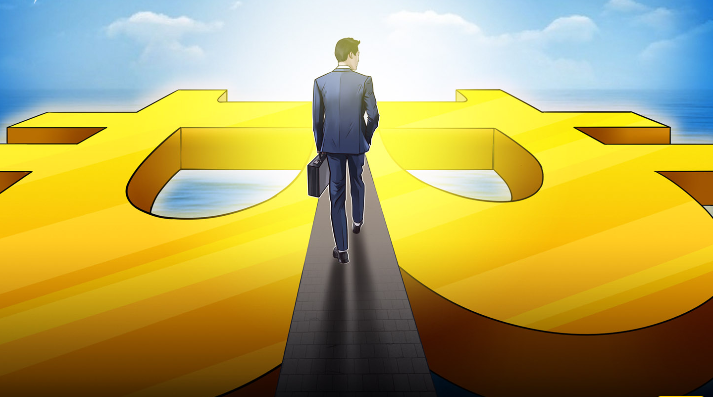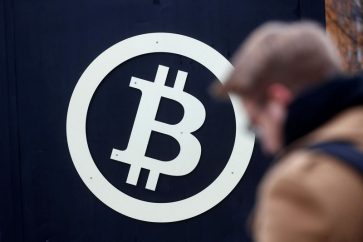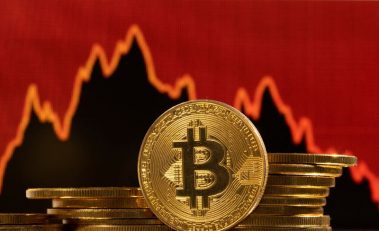Alex Gladstein, chief strategy officer for the Human Rights Foundation, claims that Bitcoin symbolizes free speech, property rights, and open capital markets that stifle oppressive governments’ authority.
Alex Gladstein, a proponent of bitcoin and the chief strategic officer of the Human Rights Foundation, claims that by limiting government influence over its citizens, bitcoin restores damaged democracies and combats governmental corruption.
In a Feb. 20 interview, Gladstein stated that Bitcoin BTC $24,668’s decentralised structure can be a barrier against dictatorship and corruption.
I do believe that fiat currency is directly responsible for the breakdown of democracies, and I do believe that Bitcoin helps to remedy this.
Since 2007, Gladstein has served as the nonprofit organization’s chief strategy officer. The organisation is committed to advancing and defending human rights everywhere, especially in nations where citizens are subject to “authoritarian rule.”
Gladstein’s bio states that he also presents lectures on Bitcoin and the future of money at Singularity University gatherings.
Gladstein claimed in the interview that Bitcoin stands for property rights, free expression, and open capital markets, all oppressive to a totalitarian government that frequently relies on censorship, confiscation, and restricted capital markets. He stated:
“This is what China and Russia need to survive they need censorship, they need close capital markets and they need confiscation; Bitcoin makes it really hard for governments to impose those things on their people.”
In the past, both China and Russia have been hostile to cryptocurrency. In 2021, almost all cryptocurrency transactions in China were banned. However, there are rumours that China’s position on cryptocurrencies is changing because of the upcoming crypto licencing system in Hong Kong.
2020 will see the official ban on cryptocurrency payments under Russia’s landmark law “On Digital Financial Assets.” Russians can still invest in cryptocurrencies, but local crypto exchanges are still uncontrolled.
“I don’t see these dictatorial powers doing well in a Bitcoin standard; I think it becomes really hard for them,” Gladstein added.
Other people with similar opinions have supported Gladstein’s cryptological argument. Similar views regarding the advantage of BTC donations in avoiding official crackdowns were expressed by Bitcoin infrastructure operator OpenNode in a post of 2021.
“One of the benefits of Bitcoin is its censorship resistance,” OpenNode wrote.
“Without any central authority to dictate who can and can’t use Bitcoin, it has proven to be the currency of choice for many individuals and organizations who have been left out of traditional payment methods.”
A February 2022 analysis by blockchain analytics company Elliptic found that avoiding traditional accounts being closed by financial institutions was one of the main motivations for adopting blockchain-based fundraising.
Gladstein predicts many more “trigger moments” in the coming years of people having “technical and liquidity trouble with traditional financial services,” resulting in more people shifting to BTC as an alternative.
“If there’s a conflict or a breakdown in trade or communications, you’re just gonna see a whole hell of a lot of problems, and every single one of those is like a moment that’s gonna mint a new Bitcoiner out of necessity,” he said.
Reading More:




 By:
By:





